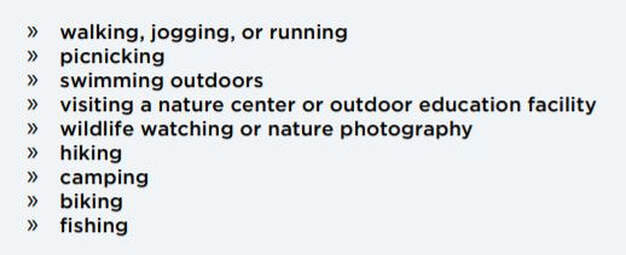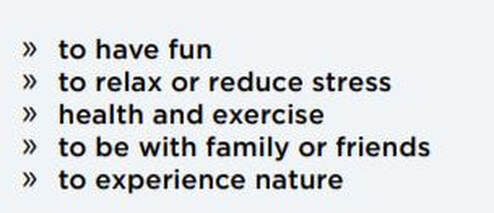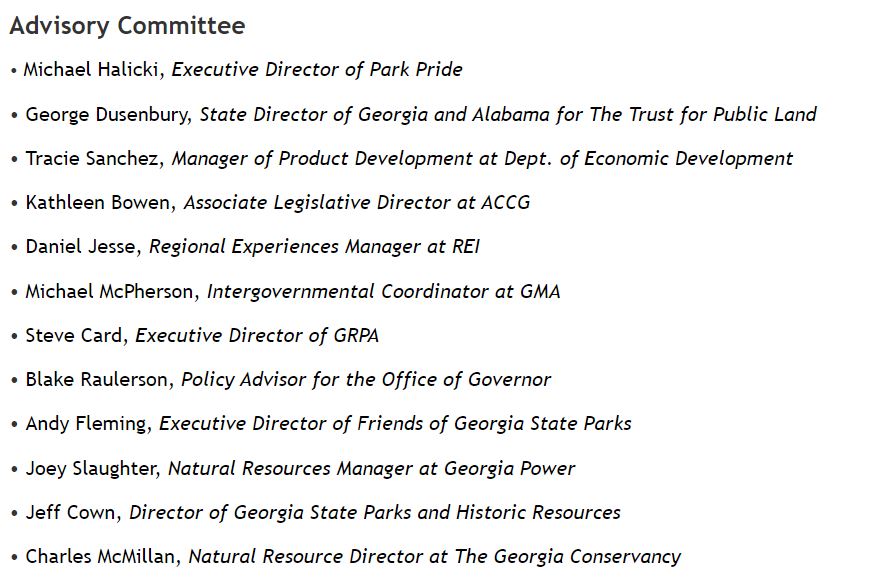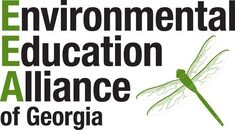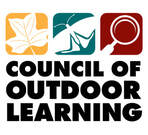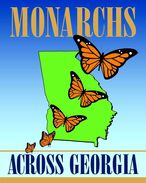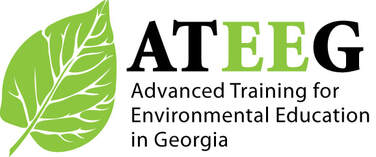Environmental Education Alliance of Georgia
- Our Story
- Our Team
- Our Events
-
Our Resources
- Wildlife Viewing
- Earth Month Activities
- Garden-based Learning
- EcoEngineering Challenges
- Community (Citizen) Science
- Phenomenon-Based Learning
- Problem-Based Learning
- Place-Based Learning
- Project-Based Learning
- Teaching about Climate Change
- Teaching about EJ
- Zero Waste Heroes
- SAGES Project
- Virtual EE Resources
- Environmental Clubs
- Evaluation and Assessment
-
Our Work
- Our News
- Our Impact
- JOIN or GIVE
- Member Portal
- Contact Us
- Outdoor Learning Store
- PassTick2023-4
- Annual Report
- New Page
- Past 2022 EEA Conference
- Past EEA Board 2021-22
- Past 2022 conferenceoverview
- Non-clickable Page
- New Page
- EEA Guest Blog
- Our Story
- Our Team
- Our Events
-
Our Resources
- Wildlife Viewing
- Earth Month Activities
- Garden-based Learning
- EcoEngineering Challenges
- Community (Citizen) Science
- Phenomenon-Based Learning
- Problem-Based Learning
- Place-Based Learning
- Project-Based Learning
- Teaching about Climate Change
- Teaching about EJ
- Zero Waste Heroes
- SAGES Project
- Virtual EE Resources
- Environmental Clubs
- Evaluation and Assessment
-
Our Work
- Our News
- Our Impact
- JOIN or GIVE
- Member Portal
- Contact Us
- Outdoor Learning Store
- PassTick2023-4
- Annual Report
- New Page
- Past 2022 EEA Conference
- Past EEA Board 2021-22
- Past 2022 conferenceoverview
- Non-clickable Page
- New Page
- EEA Guest Blog
EEA ISSUES
CALL TO ACTION: Let's strengthen the education components of the Draft Georgia Statewide Comprehensive Outdoor Recreation Plan (SCORP) for 2022-26
Your browser does not support viewing this document. Click here to download the document.
Opportunities to Provide Input
Comments can be provided by:
- Attending a virtual hearing on the plan, September 13 at 6:00
- Login Link: https://us02web.zoom.us/j/89637281156?pwd=RGNpSEo2K0ZKYkZqV0ZodlpWTkh0Zz09
Meeting ID: 896 3728 1156
Passcode: 067093
One tap mobile
+13126266799,,89637281156#,,,,*067093# US (Chicago)
+16465588656,,89637281156#,,,,*067093# US (New York)
Dial by your location:
+1 646 558 8656 US (New York)
- Login Link: https://us02web.zoom.us/j/89637281156?pwd=RGNpSEo2K0ZKYkZqV0ZodlpWTkh0Zz09
- Submitting comments via email by September 24, 2021 to: [email protected]
Key Recommendations and Strategies of the Plan
EEA suggestions in blue
Note: If you submit comments about the proposed Georgia Outdoor Recreation Plan, please remember to commend the team that worked hard to create the draft and note the parts that you would like to affirm. Although our goals sometimes differ, there is a lot of common ground among the environmental education/outdoor learning world, parks and conservation professionals, and the outdoor recreation industry. We are natural allies.
1. CONSERVATION OF NATURAL RESOURCES
2. ECONOMIC VITALITY
3. HEALTH AND FITNESS
4. ACCESSIBILITY AND INCLUSION
1. CONSERVATION OF NATURAL RESOURCES
- Integrate opportunities for natural resource conservation on recreation lands by prioritizing conservation-based site selection, management, and priorities when developing a new park or improving an existing recreation area to allow for increased recreational and ecological connectivity.
- Include outdoor recreation planning at the state and local level of land management planning to ensure outdoor recreation is identified as an important part of providing, maintaining, and protecting Georgia’s natural resources.
- Increase access for all user groups to public conservation lands to meet increasing demand for passive-use outdoor recreation opportunities.
- Leverage LWCF funds to Create interpretive, educational, and demonstration-based opportunities that directly connect outdoor recreation and Georgia’s natural resources through increased education facilities and programming that introduce the public to the importance of conserving Georgia’s flora, fauna, geology, and hydrology, as well as its cultural and historic resources, in recreation areas, schoolyards, outdoor education centers, parks and natural areas.
- Develop and support organizations and public agencies that recruit members of local communities to help build and maintain public lands; and that engage students and young adults in habitat restoration, citizen science, and environmental stewardship projects on schoolyards, parks, waterways, and public lands.
2. ECONOMIC VITALITY
- Quantify the economic benefits of outdoor recreation in Georgia through market research, including the tracking of demographic and usage trends, to produce reports which communicate the financial return on investment in outdoor recreation facilities.
- Facilitate partnerships between local convention and visitor bureaus, recreation equipment vendors, guide services, nonprofit organizations, local governments, and state agencies to maximize the economic benefits of outdoor recreation, recognizing that the desire to participate in environmental education and outdoor learning about natural, cultural and historic resources - whether nearby or in other parts of the state - is a economic driver and vital component of outdoor recreation.
- Market our recreation resources to gain public participation and support, advance tourism and economic development opportunities, and encourage volunteerism. Collaborate with state agencies that specialize in market analysis and promotion to significantly strengthen any marketing efforts.
- Expand partnerships with organizations promoting specific forms of tourism (i.e. sports tournaments/ tourism, heritage tourism, business conventions, religious conventions) to encourage visitors to utilize the area’s outdoor recreation facilities.
- Prioritize identification, planning, and funding to support the development of public outdoor recreation ventures to create economic opportunities in financially disadvantaged areas.
- Foster the collaboration, partnership, and marketing efforts between the State, all levels of government, and civic and business stakeholders needed to catalyze further economic vitalization.
- Support and prioritize the efforts of non-profit organizations, schools, technical colleges and universities to expose and provide training, experience, or certification to students and young adults in careers related to outdoor recreation.
3. HEALTH AND FITNESS
- Acquire, development and improve safe and well-maintained parks near where people live and work and explore ways to connect existing facilities for pedestrians and nonmotorized vehicles.
- Encourage residential and business areas to maintain greenspaces, include outdoor recreation facilities, and provide safe pedestrian access to parks from schools, businesses, retail centers, etc.
- Recognize how recreation preferences change with shifts in demographic composition to create cross-culture opportunities that increase participation in outdoor recreation activities.
- Work with statewide organizations such as the DPH, GRPA, and others to advance the “Healthy Communities Initiative” and incorporate health and livability programs at the state and local outdoor recreation sites. Continue to promote the positive mental and physical health benefits of outdoor recreation.
- Leverage initiatives, programs, funds, partnerships, and LWCF support to advance outdoor recreation projects that directly support active, healthy lifestyles or promote mental health through connection to nature.
- Encourage the outdoor community to explore creating a statewide outdoor recreation asset map to educate the public on where to find nearby recreation opportunities, while developing an aspirational vision for a growing Georgia trail network.
4. ACCESSIBILITY AND INCLUSION
- Encourage state and local governments to include underrepresented communities in outdoor recreation planning to promote a culture of diversity, equity, and inclusion that includes multilingual resources, training, and awareness at all levels.
- Maximize access for all users by not just meeting ADA requirements but utilizing universal design principles and promoting a model for accessible outdoor recreation friendly communities.
- Identify and reduce barriers that prevent the use of outdoor recreation facilities (e.g. safety concerns, cost participation, incorporation of public transportation networks and accessibility by those with physical limitations) to give greater attention to universal accessibility and increase use by members of under-represented communities.
- Encourage opportunities for state agencies, local governments, businesses, civic organizations, and faith communities to collaborate to increase equitable access to outdoor recreation facilities and incentivize innovative approaches to attracting and retaining members of under-represented communities in outdoor recreation.
- Identify existing public land and facilities such as schools, utility corridors, and libraries that could be reimagined to provide opportunities for public recreation in addition to their primary use.
- Engage with existing technology companies to ensure online mapping tools include accessibility information.
- Explore creating a statewide outdoor recreation assets map that would allow planners, advocates, and civic leaders to identify the areas most in need of new recreational amenities, and collaborate with existing resources such as the Georgia Environmental Education & Outdoor Learning Landscape Analysis.
|
Environmental Education Alliance, Inc.
P.O. Box 801066 | Acworth, GA 30101 EEA does not does not discriminate on the basis of race, color, national origin, sex, age, or disability in its program , activities, or employment. For more information on EEA's non-discrimination commitment click here . Grievance officer may be contacted at [email protected] |
Proudly powered by Weebly
|
